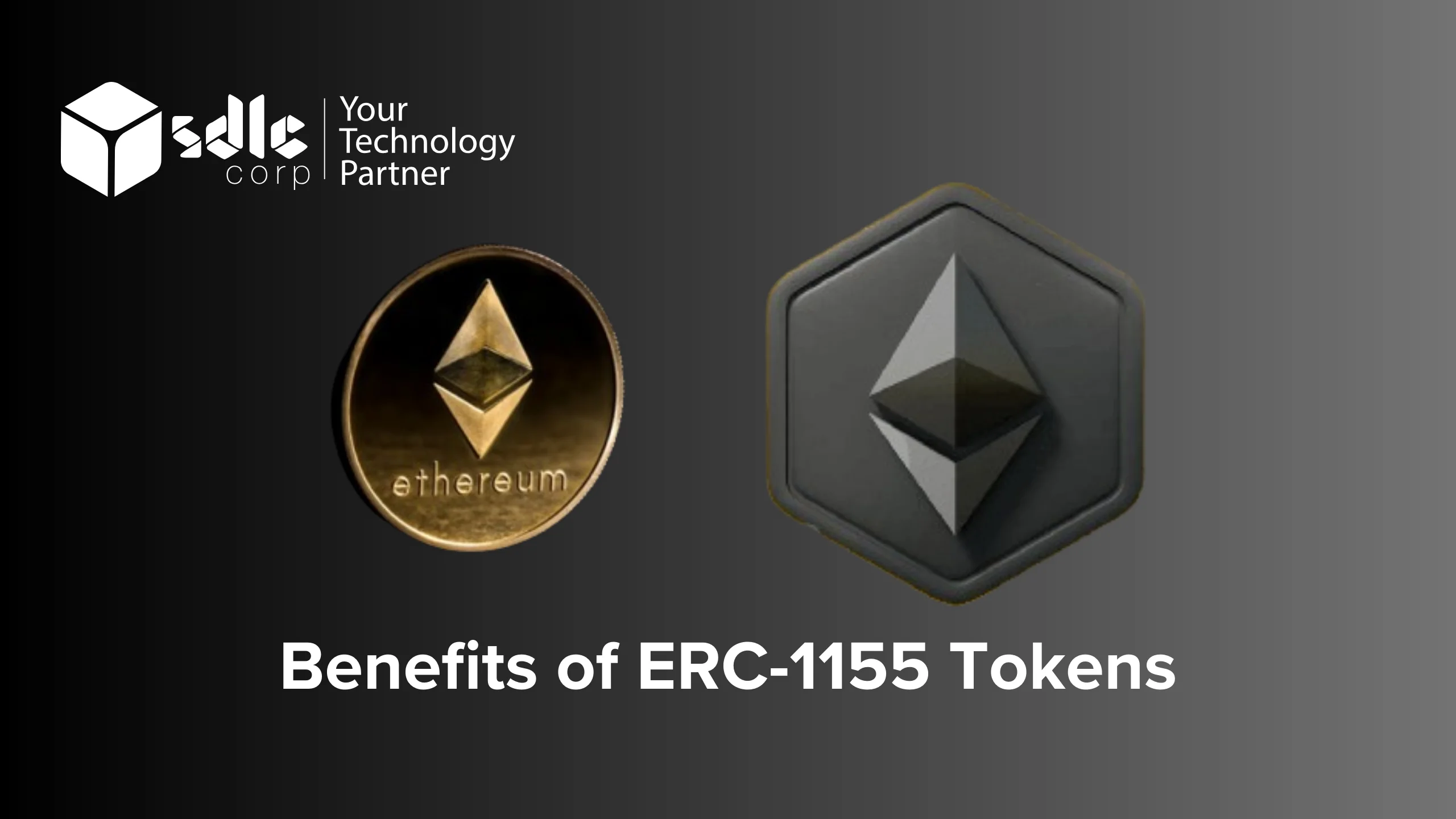NFTs (Non-Fungible Tokens) have revolutionized blockchain gaming, enabling players to own unique in-game assets. However, not all NFTs are created equal—ERC-721 and ERC-1155 are two dominant token standards used in gaming. Understanding their differences is crucial for developers and gamers alike. Let’s break it down.
What is ERC-721?
ERC-721 is the first NFT standard, introduced to represent one-of-a-kind assets on Ethereum.
Key Features:
✅ Unique Assets – Each token is distinct and cannot be replicated.
✅ One Token = One Contract – Ideal for exclusive items like rare weapons or legendary skins.
✅ Higher Transaction Costs – Each token requires its own transaction, increasing gas fees.
Gaming Use Cases:
- Rare collectibles (e.g., legendary swords, unique avatars)
- Single-edition skins or assets
- Exclusive ownership of in-game items
What is ERC-1155?
ERC-1155 is a multi-token standard, allowing both fungible and non-fungible assets to exist in one contract.
Hybrid Asset Capabilities:
✅ Batch Transactions – Supports multiple NFTs in one transaction, reducing gas fees.
✅ Hybrid Assets – One contract can manage both NFTs (rare items) and fungible tokens (game currency).
✅ Improved Efficiency – More scalable for large gaming ecosystems.
Best Use Cases in Gaming:
- Game currencies & consumables (e.g., potions, in-game gold)
- Multiple-tier items (e.g., common vs. rare weapons)
- Scalable in-game economies
ERC-721 vs. ERC-1155: A Quick Comparison
| Feature | ERC-721 | ERC-1155 |
|---|---|---|
| Uniqueness | 100% unique tokens | Can support both unique & fungible tokens |
| Gas Fees | Higher | Lower due to batch transactions |
| Efficiency | Lower | Higher, better for gaming economies |
| Ownership | 1 token = 1 contract | Multiple tokens under one contract |
| Best Use Case | Rare, one-of-a-kind items | Game currencies, stackable items |
Which Standard is Better for Gaming?
✅ Choose ERC-721 if your game focuses on exclusive, rare assets where uniqueness is key.
✅ Choose ERC-1155 if your game needs scalability, cost efficiency, and multi-asset management.
For most blockchain-based games, ERC-1155 is the preferred choice due to lower costs and better scalability.
Final Thoughts
Choosing the right NFT standard is critical for game developers and investors. Whether it’s rare collectibles (ERC-721) or scalable economies (ERC-1155), each standard serves a unique purpose in blockchain gaming.
🚀 Want to build NFT-powered games? Check out our NFT Game Development Services to create immersive and profitable gaming experiences!



